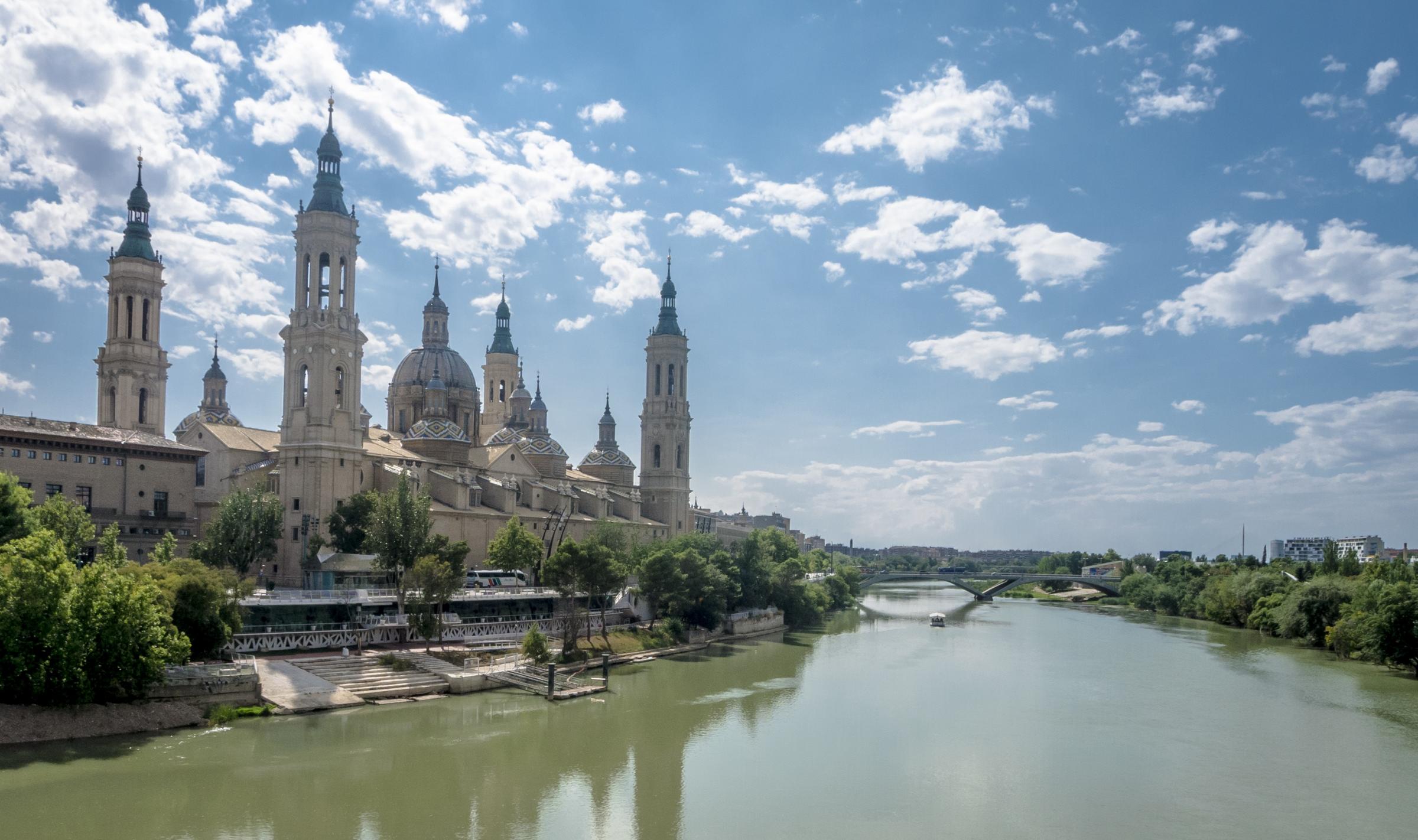Origen: Wha’s Like Us: Aragon keeping an eye on the neighbours as Catalans seek indy (From The National)

Zaragoza, the capital of Aragon
THE people of the Aragon region in Spain are constantly keeping an eye on their nearest neighbours in Catalonia as that region prepares for its independence referendum that has been called for October 1, if it happens at all.
Most people with any knowledge of European politics are aware that Catalonia has a strong independence movement, but how many know that the ancient kingdom of Aragon, which is now an autonomous region of Spain, also has its own independence movement? Their national day is April 23, feast day of their patron, Saint George – the same as England.
Scotland and Aragon have one historic thing in common – both kingdoms survived independently until 1707, when the parcel of rogues voted Scotland into the Union while in that year Philip V, the first Bourbon king of Spain, invaded Aragon and enforced Castilian language and laws.
READ MORE: Wha’s Like Us: Tourist haven the Canary Islands prove a hotbed for peaceful activism
It is a matter of pride to some of the Aragonese people that their own language has survived, albeit that only around 10,000 of the 1.4 million population – more than half of whom live in the capital Zaragoza – can speak it, and do so mostly in remote communities.
Catalan is spoken by many people in the east of the region, but the vast majority speak Castilian Spanish as their first language.
The Aragonese are proud of the fact that they are recognised as a “nationality” within Spain’s regional autonomy constitution introduced in 1982, yet there is nowhere near the demand for independence that there is in neighbouring Catalonia.
Instead there are constant demands for greater autonomy for a region which could quite easily be self-sufficient, not least because of the agricultural strength of the valley of the River Ebro.
The problem for those who would like Aragon to be an independent nation is that the political parties who promote Aragon as a nationality are split across the left, centre and right spectrum.
One of the leading leftist political parties is the Chunta Aragonesista (CHA), led by lawyer Jose Luis Soro, who is a minister in the coalition that runs the regional government.
Soro and his party stand for secularisation of Aragonese culture and politics, and are very much on the left wing. They also have relatively few elected representatives apart from mayors and councillors in the small municipalities which provide the CHA’s main strength, and none at all in the Madrid Cortes, the Spanish parliament.
There is an issue which could unite the various separatist parties, and that is the banning of questions and speeches in Aragon and Catalan languages in the regional parliament. It might seem a trivial matter, but it has angered politicians and people alike.
Comments